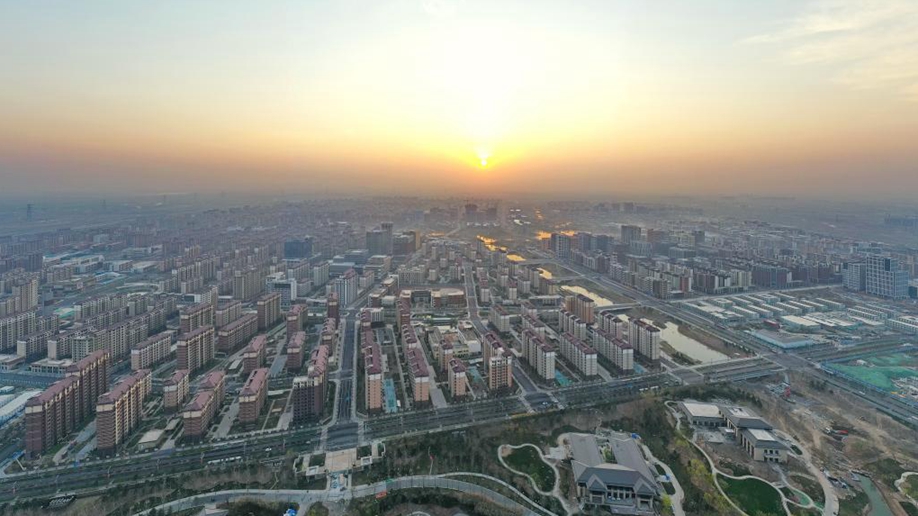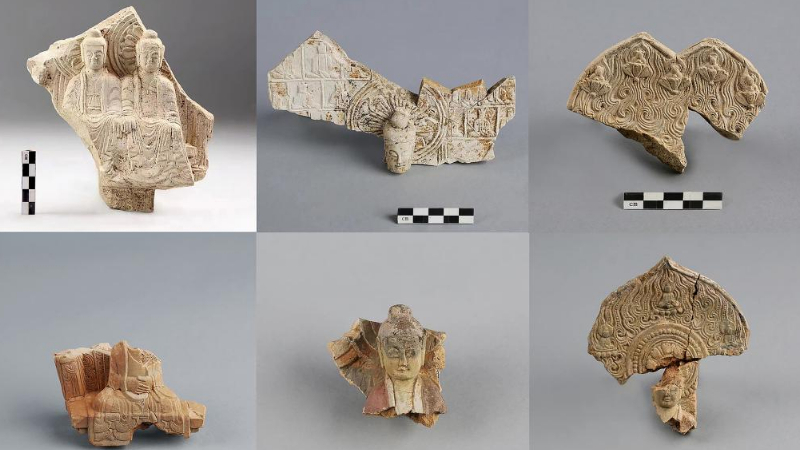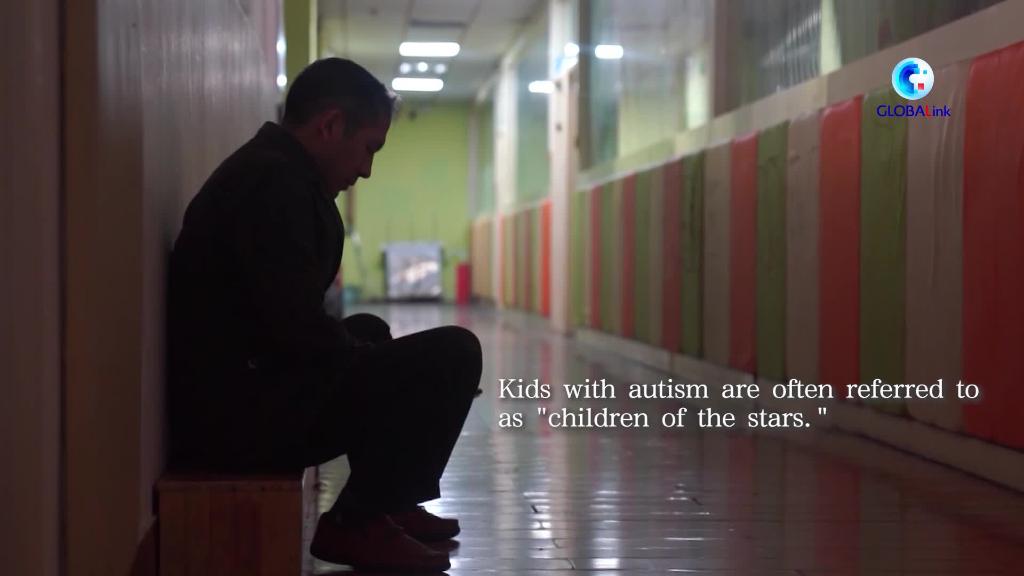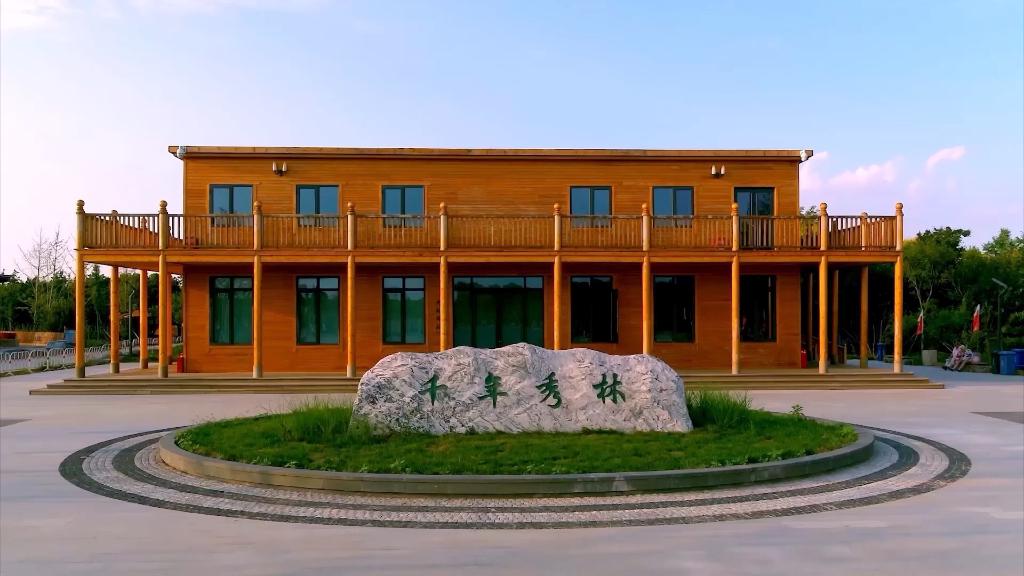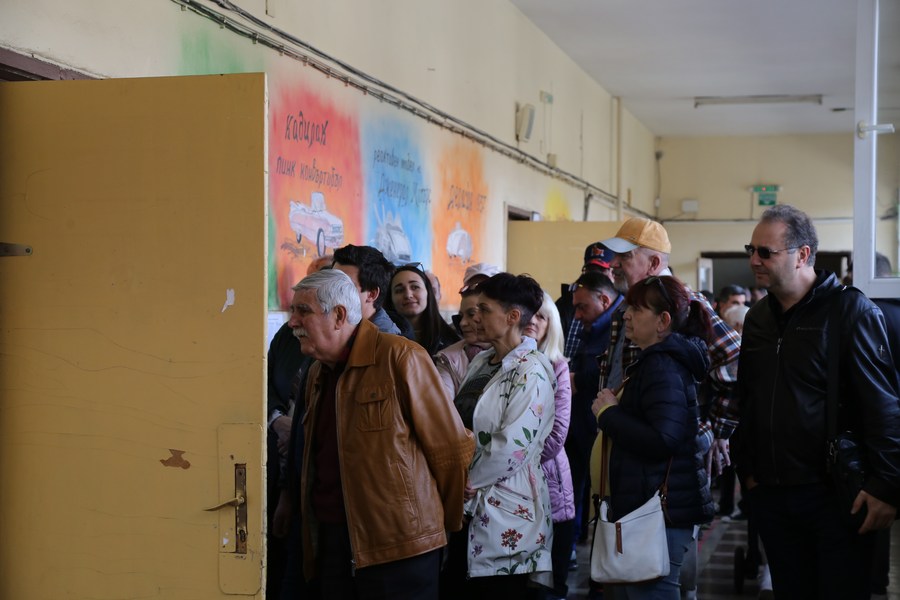
People wait to vote during Bulgaria's early parliamentary elections at a polling station in Sofia, Bulgaria, April 2, 2023. (Xinhua/Lin Hao)
The exit poll by Alpha Research said that PP-DB was expected to have 26.4 percent of the votes, against 25.5 percent for GERB-UDF.
SOFIA, April 2 (Xinhua) -- Two coalitions, We Continue the Change - Democratic Bulgaria (PP-DB) and GERB - Union of Democratic Forces (GERB-UDF) were neck-and-neck to win Bulgaria's early parliamentary elections on Sunday, according to exit polls.
The exit poll by Alpha Research, one of the leading agencies for social and political research in Bulgaria, which was announced on the Bulgarian National TV, said that PP-DB was expected to have 26.4 percent of the votes, against 25.5 percent for GERB-UDF.
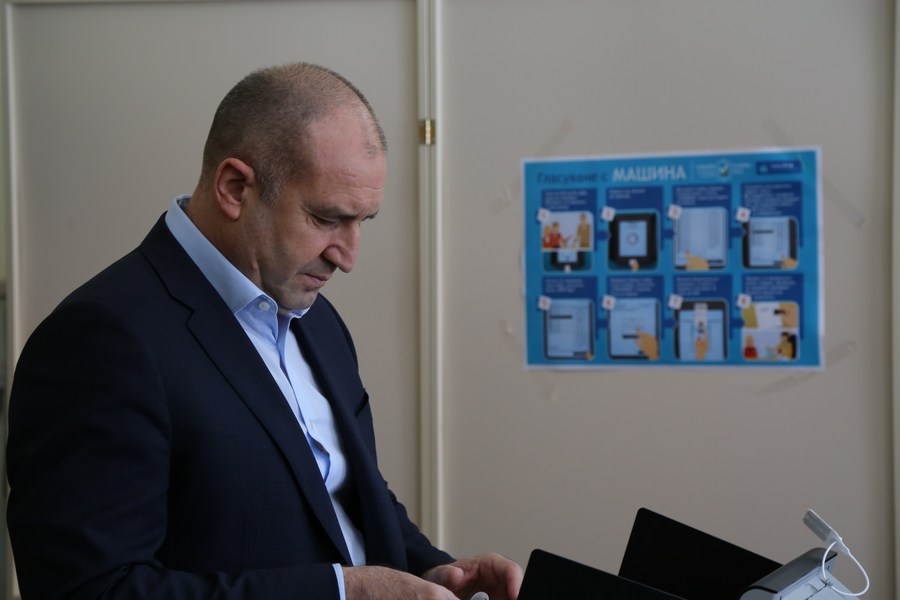
Bulgarian President Rumen Georgiev Radev votes during the country's early parliamentary elections at a polling station in Sofia, Bulgaria, April 2, 2023. (Xinhua/Lin Hao)
The other exit poll, by Gallup International, and announced on the Bulgarian National TV, said that PP-DB was leading the elections with 25.6 percent of votes, while GERB-UDF took 24.8 percent.
Alpha Research said the two coalitions were followed by the Movement for Rights and Freedoms (MRF) with 13.9 percent, Revival party with 13.5 percent, and BSP (Bulgaria Socialist Party) for Bulgaria coalition with 9.2 percent.
According to Gallup International, Revival party gained 14.2 percent of the votes, followed by MRF with 13 percent, BSP for Bulgaria coalition with 10 percent. And another party, There Is Such A People (ITN), managed to have gained 4 percent, a threshold required to enter the country's 240-seat parliament.
The official results, including the distribution of seats, are expected to be released on Thursday.
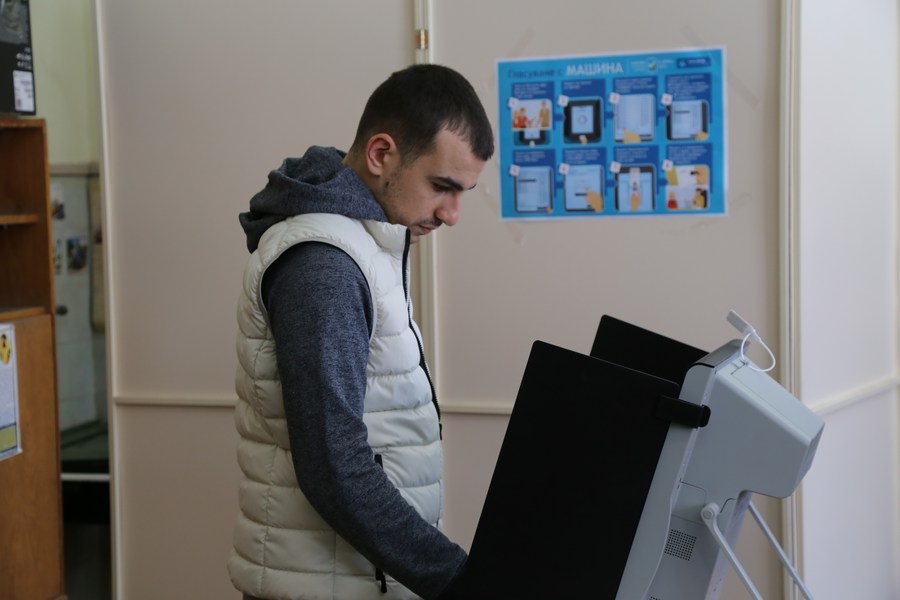
A man votes during Bulgaria's early parliamentary elections at a polling station in Sofia, Bulgaria, April 2, 2023.(Xinhua/Lin Hao)
The National Assembly, or the parliament, is Bulgaria's legislative body. It also elects the government by a simple majority, and has a four-year term -- except in certain circumstances such as when it is unable to elect a government.
This is Bulgaria's fifth parliamentary elections in two years. The previous elections were held on Oct. 2 last year, but the legislature was dissolved after the parliamentary parties failed to form a ruling majority. ■


